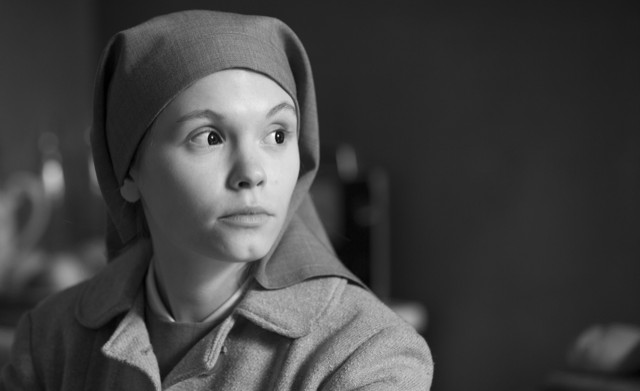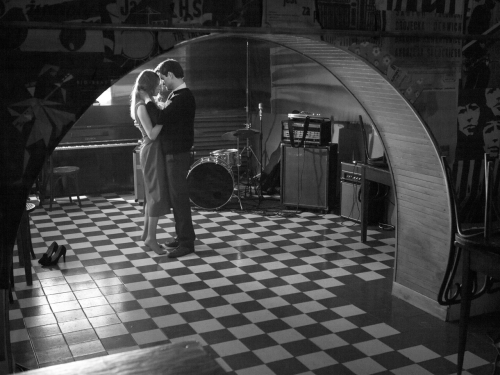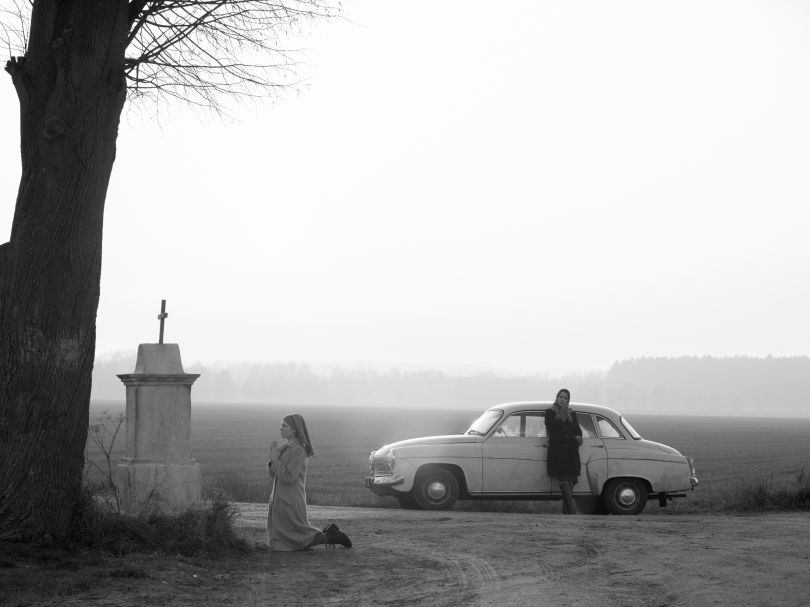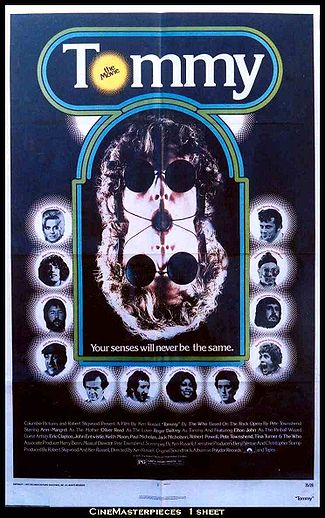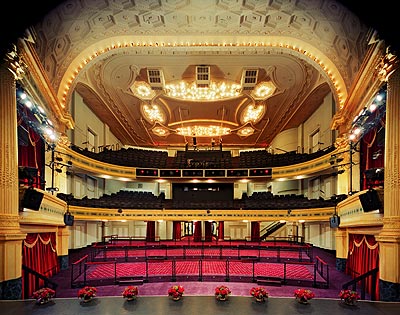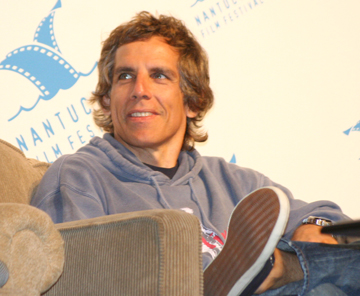|
|
||
|
Pro Tools
FILMFESTIVALS | 24/7 world wide coverageWelcome ! Enjoy the best of both worlds: Film & Festival News, exploring the best of the film festivals community. Launched in 1995, relentlessly connecting films to festivals, documenting and promoting festivals worldwide. Working on an upgrade soon. For collaboration, editorial contributions, or publicity, please send us an email here. User login |
Pawel Pawlikowski's Lofty "Ida"
"So you are a Jewish nun," says Wanda Gruz (Agata Kulesza) on sizing up her niece Anna (Agata Trzebuchowska) in Pawel Pawlikowski's luminous black-and-white drama Ida. The audience shares in Sister Anna's astoundment as she learns that her birth name was Ida Lebenstein. This cowled waif we first meet adorning and adoring a Christ figure, a Jew? Never in her 18 years of coming up in the convent did such a thought ever gefilte her fair head. But now, in wintry Poland of the early 60s, Anna/Ida has a rendezvous with destiny that will remash her identity and faith. Rendezvousing with Aunt Wanda was Mother Superior's idea: before taking her vows, cloistered Anna ought to meet her sole surviving relative, whom she had no clue existed. Out there, beyond the world of monastic rites, lurks temptation. It also holds the dark truth about what befell Ida's Jewish family during World War II. The reckoning Pawlikowski sets up is whether our ascetic cypher will stay devout amidst the profanest of revelations. "What if you go there and discover there is no God?" challenges lapsed communist Wanda as the two mismates journey to the rural village where the Lebensteins lived and died. Along the way we're invited to sip the Polish punch of angst and absurdity so that we too can get hungover from history's bitters.
Bouncing on the car seat as if on creaky bed springs, Ida cops to sometimes having sinful thoughts, only in her line of work, they're not "about carnal love." Hard-drinking, smoking and self-proclaimed "slut" Wanda urges the young innocent to give desire a try. "Otherwise what sort of sacrifice are those vows of yours?" she presses the film's essential question. However tough the test facing Ida, her aunt's existential crisis is the more dire. Letting go for the believer is losing a way of life, whereas for the disillusioned former ideologue burdened with guilt and grief, it's losing the intertia to live. "Who are you?" asks Ida in her maiden voyage of questioning. The answer sits on the far side of the moral spectrum as we learn that "Red Wanda" was a prosecutor of "Enemies of the State" during the Stalinist show trials of the 50s. Yet Pawlikowski isn't concerned with judging the judge. Even holy Ida shows a savage side -- when Wanda tries to take her Bible -- that makes the aunt go, "What a beast came out!" How much the young novitiate will give into her animal drives is no small matter for saxophonist Lis (Dawid Ogrodnik), who falls for her unwitting charms. The spry beacon of 60s culture proves hard to resist with his night club grooves and John Coltrane jazz. As Ida finds herself increasingly drawn into his orbit, she literally lets down her hair. Roles come in for some fateful reversals between contemplative Ida and her hedonist aunt.
Mozart, Bach and a playlist of Polish pop accompany each on her spiritual epiphany. Mining his own background as a jazz musician -- in addition to advanced studies in literature and philosophy and credits including Last Resort and My Summer of Love -- Pawlikowski gives music a say where the dialogue and scenery show stark restraint. There's so little visual clutter the set decorator had to have enjoyed a few naps. It's our somber pleasure to join Pawlikowski on this nostalgia trip to yesterday's Poland, where he spent his first 14 years until the family decamped to England in the early 70s. As the Warsaw native explained following Ida's New York Jewish Film Festival screening at the Film Society of Lincoln Center, an inspiration for the film was his yearning to create a "subjective portrait" of the era drawn from early memories. The 4:3 format and monochrome palette recall not only the cinema of the period but also the meditative feel of old photographs. Ida's journey to virgin territory echoes the director's return from exile and first production on home turf.
Working with debut cinematographer Łukasz Żal, Pawlikowski vests his study of light and shadow with ample greys. There's a sensitivity to nuance that transcends the fraught post-war context and draws us into the unfolding human drama. It seems we're even invited to a game of "Where's Waldo?" with constant riffs on crucifixion motifs; at first we get utility poles and windowpanes, though as Ida swerves into less nunnish pleasures, so too the perpendiculars become curvier, from Art Deco stairwells to crossed pillow seams. Yet at the same time the film's formal rigors have the effect of chilling the soul. Not until the final scene does the camera move, and more often than not the characters linger at the rim of the frame. The composition leaves plenty of room for the heavens, though we wonder what kind of God must inhabit them. Ida has her own answers, as the last leg of her pilgrimmage suggests. She has made up her mind who she is, whether we like it or not, and now we must celebrate her initiation into personal agency. As for Pawlikowski's awe-inspiring film, let's raise a toast l'Chaim. Over wafers, of course.
02.05.2014 | Laura Blum's blog Cat. : Agata Kulesza Agata Tzebuchowska Dawid Ogrodnik ida Jewish nun Pawel Pawlikowski POLAND Wanda Gruz Łukasz Żal Independent
|
LinksThe Bulletin Board > The Bulletin Board Blog Following News Interview with EFM (Berlin) Director
Interview with IFTA Chairman (AFM)
Interview with Cannes Marche du Film Director
Filmfestivals.com dailies live coverage from > Live from India
Useful links for the indies: > Big files transfer
+ SUBSCRIBE to the weekly Newsletter Deals+ Special offers and discounts from filmfestivals.com Selected fun offers
> Bonus Casino
User imagesAbout Laura BlumThe EditorUser contributions |


















